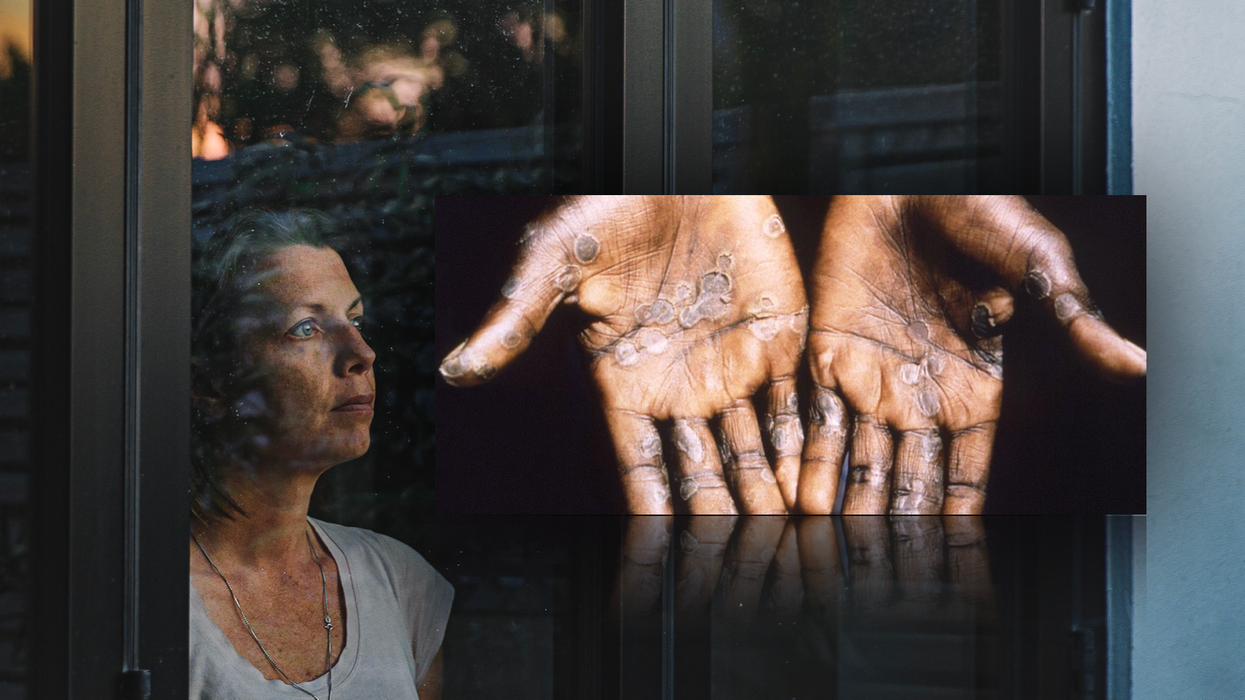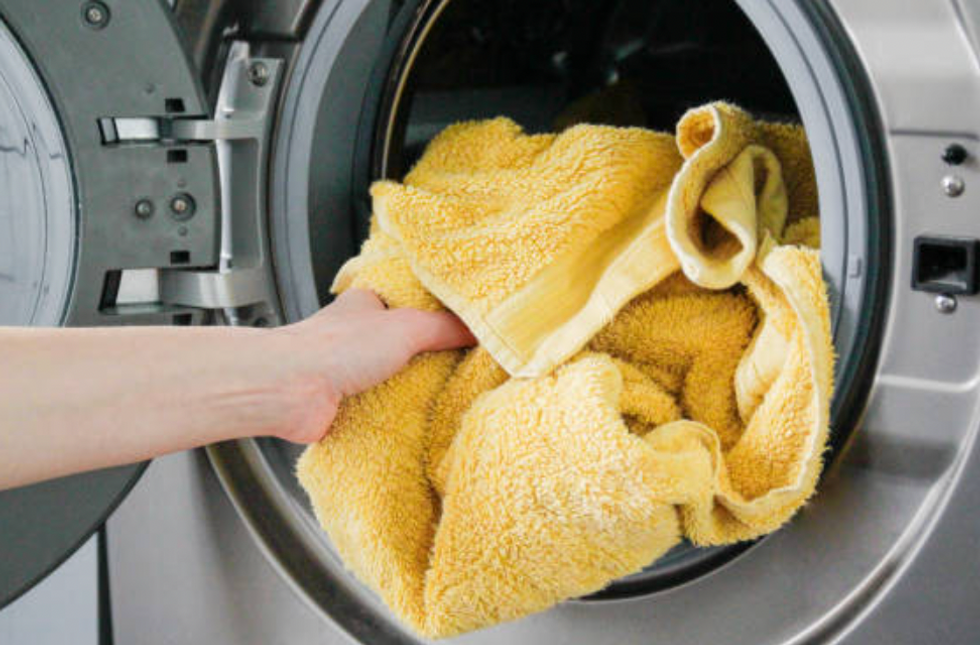WHO issues important advice to all UK households following lockdown update over mpox spread

WHO is urging UK households to improve hygiene practices after declaring mpox a global health emergency
|Getty Images

Research suggests 1.5 million Britons are at a higher risk of mpox
Don't Miss
Most Read
The World Health Organization (WHO) is urging Britons to improve their hygiene practices as mpox spreads around the globe.
The public health warning comes after WHO declared the infectious disease a global health emergency on August 14 and Sweden confirmed its first case of the dangerous new variant at the heart of the latest outbreak.
WHO's Europe regional director has ruled out a lockdown for now but other recommendations have been issued.
The health body has issued laundry guidance advising not to share towels and to wash them at high temperatures to kill germs.

WHO has issued laundry guidance advising not to share towels and to wash them at high temperatures
|Getty Images
The updated advice reflects the heightened risk posed by Clade 1b - the deadly new strain of mpox that originated among sex workers in the Democratic Republic of the Congo last year.
Clade 2 - the variant behind the 2022 outbreak of mpox - was spreading exclusively among men having sex with men.
Clade 1b, however, is spreading via heterosexual contact, pregnant women and children, and occasionally from the environment to people via things and surfaces that a person with mpox has touched.
It's therefore important to maintain hygiene standards.
Even freshly washed towels contain 190,000 counts of bacteria, increasing to 17 million after just one day of use, and soaring to as high as 94 million after a week.
Despite this, a survey from shower enclosure specialists Showers to You has revealed that as many as 1.5 million Britons only wash their towels once a year.
The survey also found:
- Almost one in 10 UK residents ( per cent) surveyed only wash their bathroom towels twice a year, equating to over four million people (4,255,056)
- A third of UK residents (33 per cent) surveyed wash their bathroom towels just once every three months, this equates to over 17 million people (17,552,107)
- Those surveyed in Leicester and Glasgow are most likely to go the longest without washing their bathroom towels, with over four in 10 (41 per cent) from both cities admitting to only washing their towels every three months at the most
LATEST HEALTH DEVELOPMENTS

As many as 1.5 million Britons only wash their towels once a year, a new survey reveals
|Getty Images
There are other reasons to worry that Britons could be asleep at the wheel as mpox spreads.
Professor Brian Labu of the University of Nevada worries that many people are unaware that mpox is no longer exclusively spreading among gay men.
This could breed dangerous complacency, he fears.
The professor likens this insouciance to the aids epidemic in the 80s, where it was "mostly men who had sex with other men but not exclusively", he says.
By 2020, 49 per cent of new HIV diagnoses were in heterosexuals compared to 45 per cent in gay and bisexual men.
Public health messaging needs to be improved to prevent history repeating itself, the professor adds.










